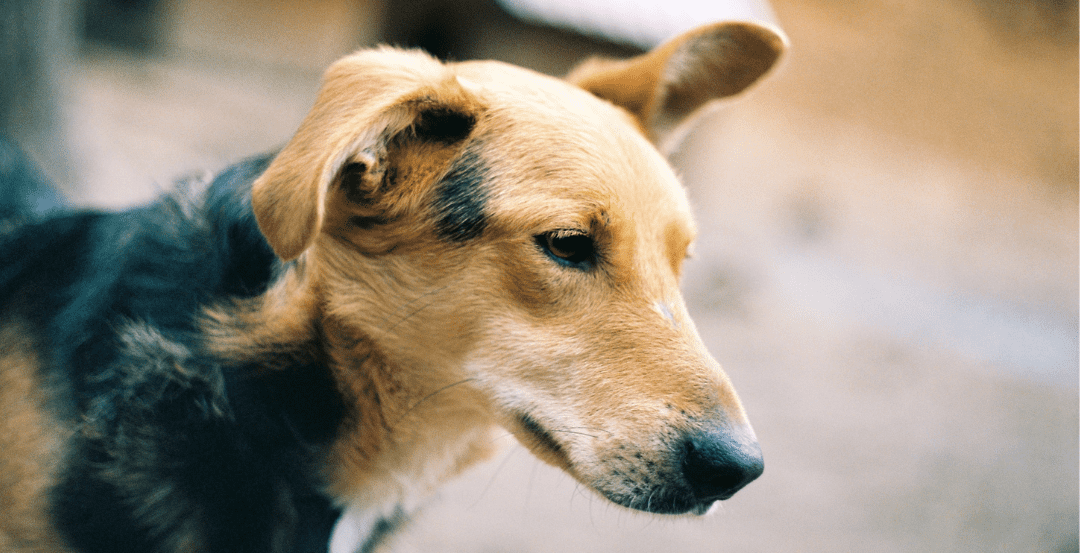Studying veterinary medicine is a branch of medicine that many people choose. It deals with preventing, diagnosing and treating diseases in animals. It also looks at how to prevent the transfer of diseases from animals to humans, which is known as zoonosis.
This branch of medicine is divided into three types:
- Clinical veterinary medicine: This is in charge of diagnosing and curing domestic or wild animals, and therefore includes anatomy and embryology, which studies the structural formation of animals; physiology, which is the correct functioning of organs; and histology, which is the structure of animals observed through the microscope.
- Zootechnics or animal production: deals with the exploitation of animals for profit.
- Bromatology: Controls all products obtained from animal production for the benefit of public health.
Requirements
If you wish to study a veterinary degree at a Spanish university, you must meet the following requirements:
- Hold a Baccalaureate degree.
- You must pass the university entrance exam and obtain a grade equal to or higher than the cut-off mark of the university where you wish to study veterinary medicine. But there is also the possibility of accessing this degree at a private university where there is no cut-off mark.
There is also another option to study veterinary medicine, which is less well known and does not require the above requirements. This is the possibility of access through a Higher Vocational Training Technical Degree, so the cycle that may be most closely related to this degree is the Higher Technician in Livestock and Animal Health Assistance.
Access and cut-off marks
For the 2021/2022 academic year, the highest cut-off mark for the Degree in Veterinary Medicine was 12.60 at the Complutense University of Madrid, and the lowest cut-off mark was 11.88 at the University of Santiago de Compostela.
However, the cut-off marks vary from year to year, so they are not always the same.
Degree subjects
This degree consists of 300 credits, which are distributed over 5 years of study. Although the universities have their own planning and subjects, the study plan is basically the same, varying only slightly.
First year
- Genetics
- Veterinary Histology
- Applied Veterinary Physics and Biostatistics
- Veterinary Physiology
- Chemistry, Zoology and Botany Applied to Veterinary Science
- Epidemiology
- Anatomy and Embryology
- Basics of Animal Production I: Ethnology, Ethology, Animal Welfare and Veterinary Hygiene
- Deontology, Legal Medicine and Legislation
Second year
- Anatomy and Embryology II
- General Pathology
- Clinical Propaedeutics
- Genetic Improvement of Animals of Veterinary Interest
- Veterinary Physiology II
- General Pathology
- Parasitology
- Microbiology and Immunology
- Basis of Animal Production II: Agronomy, Economics and Management of Veterinary Businesses
Third year
- Pharmacology and Pharmacy
- Clinical Pharmacology and Pharmacotherapeutics
- Veterinary Animal Nutrition
- Obstetrics and Reproduction
- Toxicology
- Food Technology
- Radiology and Diagnostic Imaging
- Animal Breeding and Production I
- Animal Breeding and Production II
Fourth year
- Special Pathology
- Infectious Diseases
- General Surgery and Anaesthesia
- Internal Medicine I
- Parasitic Diseases
- Obstetrics and Reproduction II
- Food Hygiene, Inspection and Safety
Fifth year
- Internal Medicine II
- Preventive Medicine and Health Policy, Zoonosis and Public Health
- Clinical Rotation
- Special Surgery
- Externships
- Rotational Animal Production
- Food Hygiene, Safety and Technology Rotational Course
- External Internships
- Two Electives
- Final Degree Project
Internships and job opportunities
Some of the most in-demand professional opportunities for veterinary professionals are:
- Veterinary clinics
- Food safety
- Agri-food sector
- Zoos and nature reserves
- Animal health
- Teaching and research
Best universities
In Spain there are 4 universities that are positioned according to the Shanghai Ranking for academic disciplines 2022 among the 50 best in the world to carry out studies or research in veterinary sciences, which are:
- The Autonomous University of Barcelona (UAB): It is ranked as the only university in Spain that ranks in the top 5, occupying the fifth position as the best to study and train as a veterinarian.
- The Complutense University of Madrid (UCM): It is ranked 15th in the ranking of the best universities for veterinary training.
- The University of Murcia (UMU): Ranked 34th in the world for veterinary medicine.
- University of Cordoba (UCO): Ranked 41st.
- The University of Castilla – La Mancha (UCLM): It is in 76th position.
- The University of Zaragoza: This is the last Spanish university in the ranking, in position number 100.
¡Haz click para puntuar esta página!
Es muy importante para nosotros que puntúes nuestro trabajo para poder seguir mejorando. Tus opiniones ayudan al resto de estudiantes a encontrar nuestra página web.






